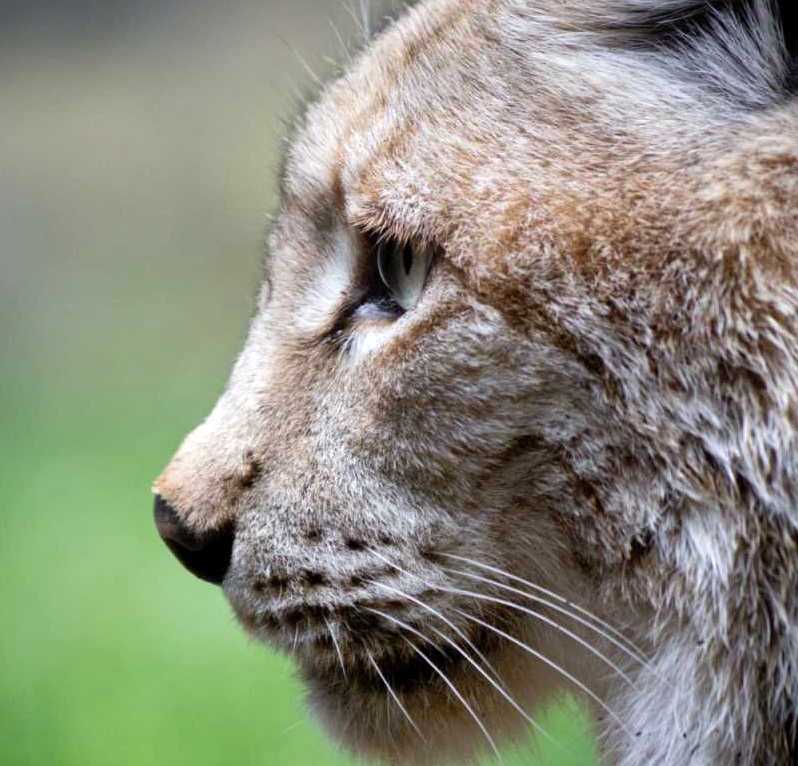Plans submitted for lynx to be reintroduced at Kielder Forest

Lynx UK Trust has submitted plans to Natural England for permission to carry out lynx re-introduction in Kielder forest, Northumberland.
This is the first ever application made in the UK for the species to be re-introduced.
Lynx UK Trust believes the lynx is a native species that belongs in the UK, having been hunted to extinction around 500-700AD.
The Trust believes reintroduction is vital in re-storing a natural balance in the British countryside.
However, the possibility of a re-introduction has made some in the farming industry worried, particularly the sheep sector.
The National Sheep Association said the Eurasian lynx are classed as dangerous wild animals under the Dangerous Wild Animals Act 1976.
Risk to sheep
The organisation said it would therefore be a 'criminal offence' to keep them without a local authority licence.
Currently, these licences are only available for zoo and captive animals, not for those being released into the wild.
The current law would also allow farmers to legally shoot lynx causing distress to their animals.
Since lynx's are natural predators, there is a real risk of damage to farmers' livestock if a re-introduction were to happen.
'Very different place'
NSA Chief Executive Phil Stocker said: “This country is a very different place to what it was 1,300 years ago and NSA does not believe we have enough largescale, suitable habitat to support the minimum population of 250 lynx that is needed for true genetic sustainability.
“Animal welfare and disease biosecurity, as well as unconsidered changes in ecology if we were to see pastoral farming decline, also present huge problems.
“We stand to lose the beauty of an area like Kielder if farming, grazing and human activity cannot continue as it has done for centuries in this area.”
Eurasian lynx have already been reintroduced in countries including Germany, France and Switzerland.
The Trust will now wait on a response from Natural England.








